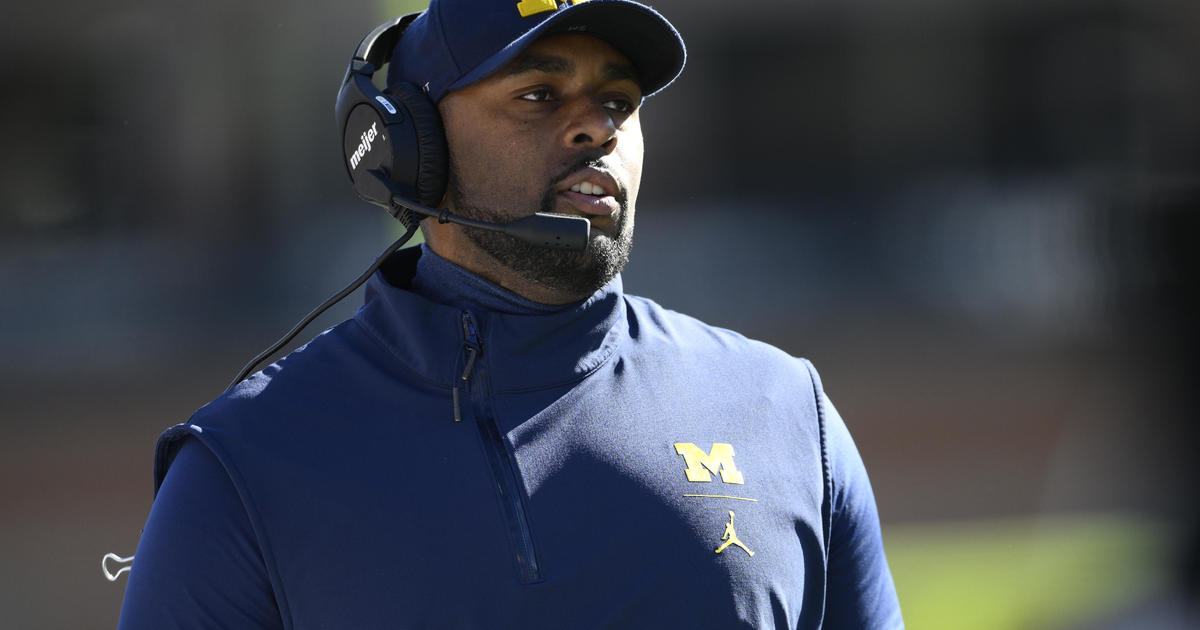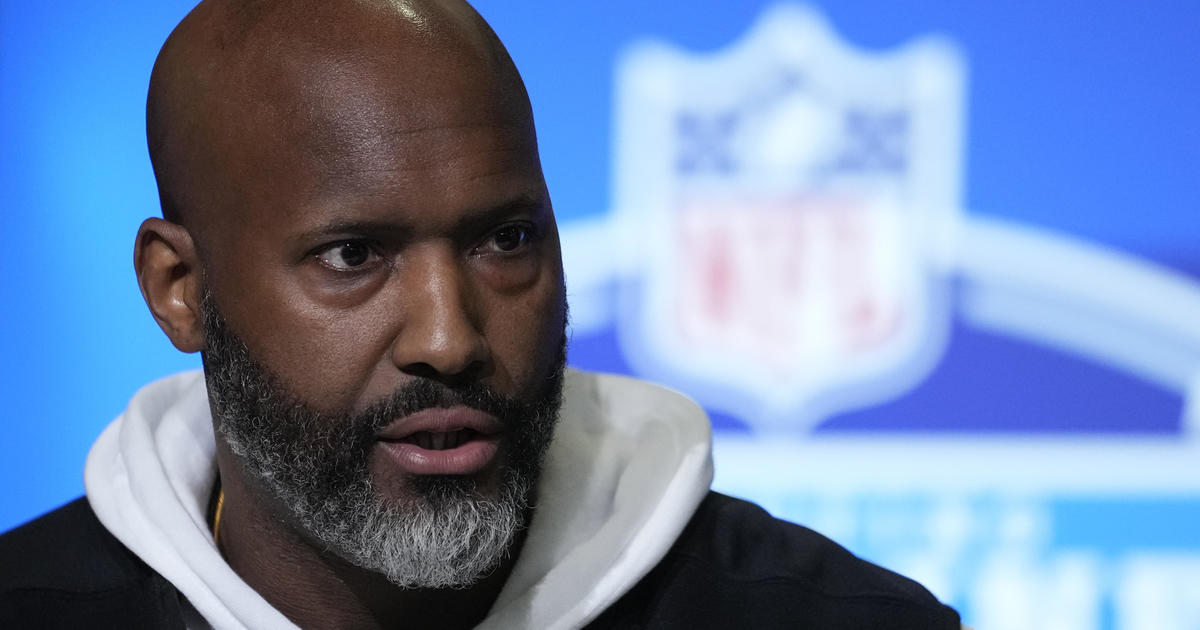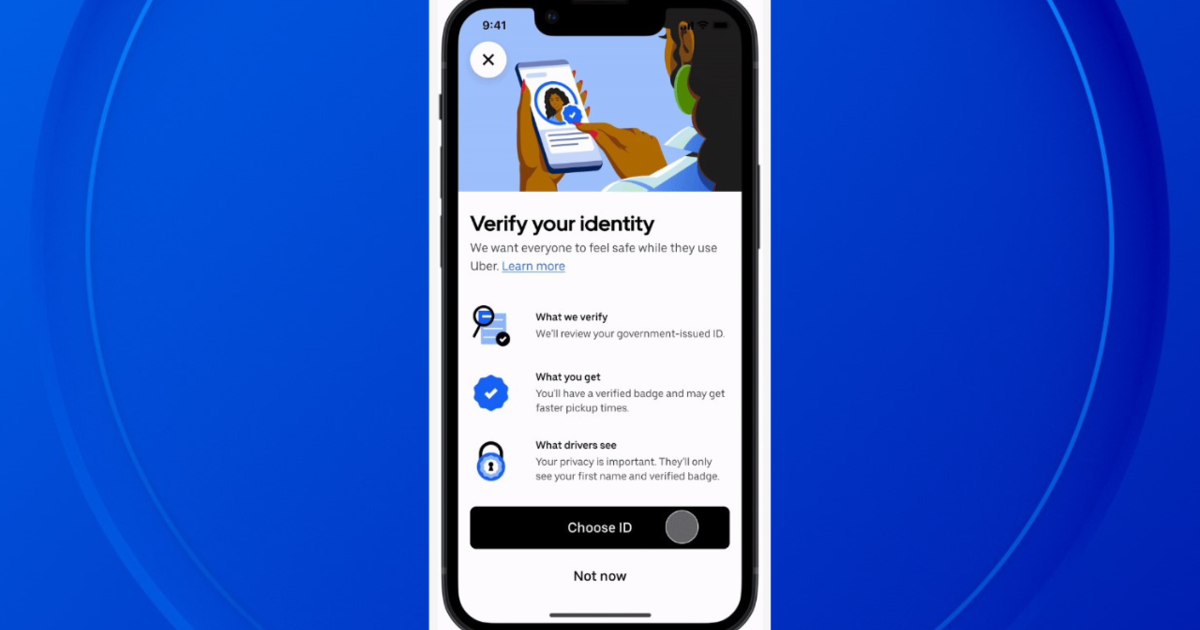Avila: Why Tigers Couldn't Deal Verlander At Deadline -- But Could In Offseason
By: Will Burchfield
@burchie_kid
The Tigers chose the wrong season to be sellers.
Their timing was particularly poor in regard to shopping Justin Verlander.
It wasn't that Al Avila and the Tigers didn't want to trade their longtime ace. It was that due to Verlander's exorbitant salary and MLB's recently-signed collective bargaining agreement, no one was all that interested in acquiring him.
"The negotiations really never got that far," Avila told the Jamie and Stoney Show on 97.1 The Ticket. "I basically got a few calls, teams checking in, just letting us know they had some interest, and in some cases calls were not made back or followed up upon."
In no case, Avila went on, was he offered a package of players that made it worth eating a significant amount of Verlander's salary. The 34-year-old is owed $28 million per season through 2019.
It was believed the Tigers were only willing to pay his remaining salary this season -- about $12 million.
"If the right deal were there, yes, we would definitely consider paying down the contract in exchange for prospects," Avila said. "But we had not gotten to that point. It's very difficult for a club, even if we were to pay down the contract, to add any significant amount of dollars at this time of the year."
MLB's new CBA, which was agreed upon prior to this season, has made teams more wary than ever of payroll limitations. Even the league's traditionally spendthrift clubs have become squeamish in the face of hefty price tags.
The penalties for exceeding baseball's luxury tax threshold have been intensified, especially for repeat offenders. (The threshold this year is $195 million.) Third-time offenders are now taxed 50 percent on the overage.
"After the new CBA was made, even the big-market clubs that traditionally spend, spend, spend, like the Dodgers and the Yankees and the Red Sox, even those clubs (don't) want to be over the luxury tax a third time," Avila said.
There are a handful of teams in danger of crossing this line in 2017, including two -- the Dodgers and the Yankees -- who seemed like suitors for Verlander. The Tigers could have offset some of the risk by eating some of Verlander's salary, but likely would have put themselves in a precarious spot by doing so. Detroit was hit with the luxury lax last year and is committed to avoiding it this year.
The new CBA also added a penalty for exceeding the luxury tax threshold by $40 million or more. Such offenders will have their highest draft pick moved back 10 spots, unless that pick falls in the top six, in which case the offender's second-highest draft pick will be moved back 10 spots.
That gobbledygook boils down to this: By spending well over the threshold, a team could lose its first-round pick.
(Also: any team that incurs the luxury tax is now at risk of losing international signing money.)
Verlander's a great pitcher and a proven playoff performer, but his salary is more prohibitive now than ever. It's telling that the two front-line starters to be dealt at the deadline -- Yu Darvish and Sonny Gray -- came with relatively small price tags.
Darvish is on an expiring contract, and the Dodgers are only on the hook for about $3.8 million of his 2017 salary. Gray is under team control through 2019, and the Yankees are only on the hook for about $1.2 million of his 2017 salary.
Verlander is guaranteed about $66 million through 2019 with a $22 million vesting option in 2020.
"After the new CBA, even the big-market clubs are hesitant to take on those kind of contracts," Avila said. "So it really makes it difficult. Now, in saying that, in the offseason when teams restructure rosters and restructure their budgets, that could maybe develop into something different."
The Tigers are committed to revisiting the Verlander trade market in the winter. It's their hope that, by then, his number of suitors will increase as clubs gain clarity entering the second year of the CBA. And, in theory, there will be more teams interested in him than strictly contenders.
"As we move forward, you would hope that there would be room for more trades to come down the road. But it just depends on every club and how they view their rosters and their needs," Avila said.
Will Verlander really be more tradable this winter compared to last?
Those in Avila's defense will point out the pitcher will be owed less money. They'll say a few big-market suitors will have corralled their respective payrolls and reset their luxury tax penalties. They'll suggest the market will expand.
Those against Avila will point out Verlander will be coming off a down season. They'll ask if he wasn't tradable last winter, on the heels of a Cy Young-worthy campaign, how will he be any more desirable this time around? They'll suggest the market will shrink.
Maybe the Tigers don't care either way. After all, they don't appear in any rush to deal a franchise icon.
"He knows that if he stays as a Detroit Tigers for the remainder of his contract," Avila told reporters on Monday, "we'll be very happy about it."



